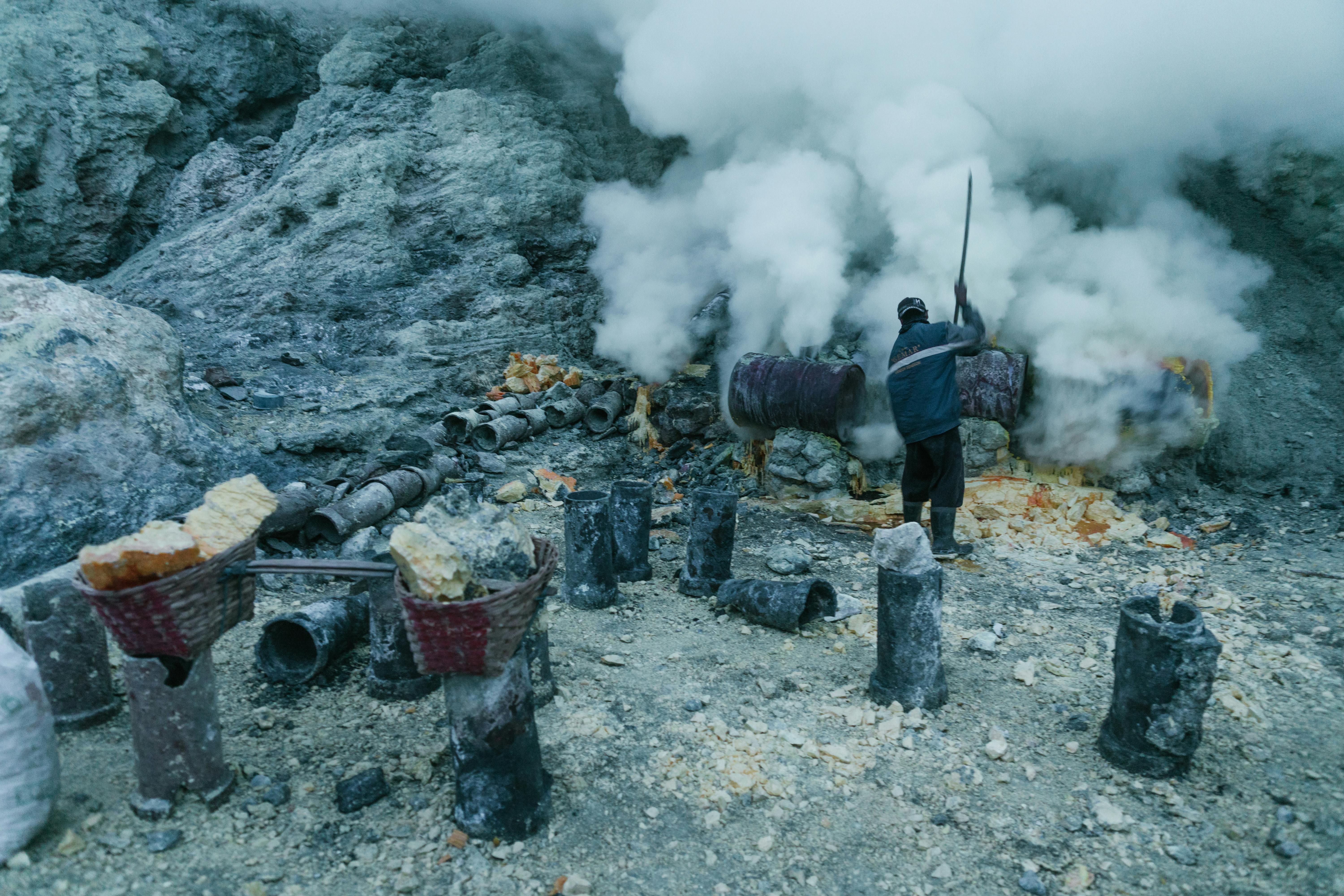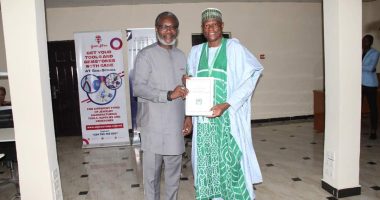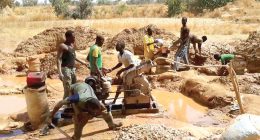Given the challenges the industry faces in addressing the environmental effects of mining operations, environmental rehabilitation is a critical component of sustainable mining practices in Nigeria. Restoring ecosystems and guaranteeing the long-term sustainability of mined areas require effective restoration techniques.

Significant environmental damage, such as soil erosion, deforestation, and water contamination, is frequently caused by mining operations. Illegal mining has caused significant lead poisoning in areas like Zamfara, which has a negative effect on the local population’s health. Acknowledging these difficulties, mining corporations and the Nigerian government are putting more and more effort into putting rehabilitation plans into action to lessen environmental harm.
One significant technique to environmental rehabilitation is the recovery of mined areas. This procedure entails making land functional again following the cessation of mining operations. To restore degraded areas, methods like replanting, stabilising the soil, and reintroducing native plant species are being used. According to a research conducted by the Federal Ministry of Mines and Steel Development, in just five years, effective rehabilitation may increase land productivity by 50%.
In addition, the government is pushing mining firms to create and follow Environmental Management Plans (EMPs), which specify detailed monitoring schedules and restoration strategies. These programs make sure businesses fund restoration projects and accept accountability for their environmental effects.
Participation in the community is essential to attempts at recovery as well. Involving local people in the design and implementation of rehabilitation projects promotes sustainable land use practices and generates a sense of ownership. Initiatives that support sustainable agriculture and agroforestry, for example, can enhance local livelihoods and aid in the restoration of damaged land.
Environmental restoration is critical to the mining industry’s long-term viability in Nigeria. The industry may lessen its ecological footprint and make a beneficial impact on local economies and habitats by involving communities and putting successful restoration techniques into practice.











